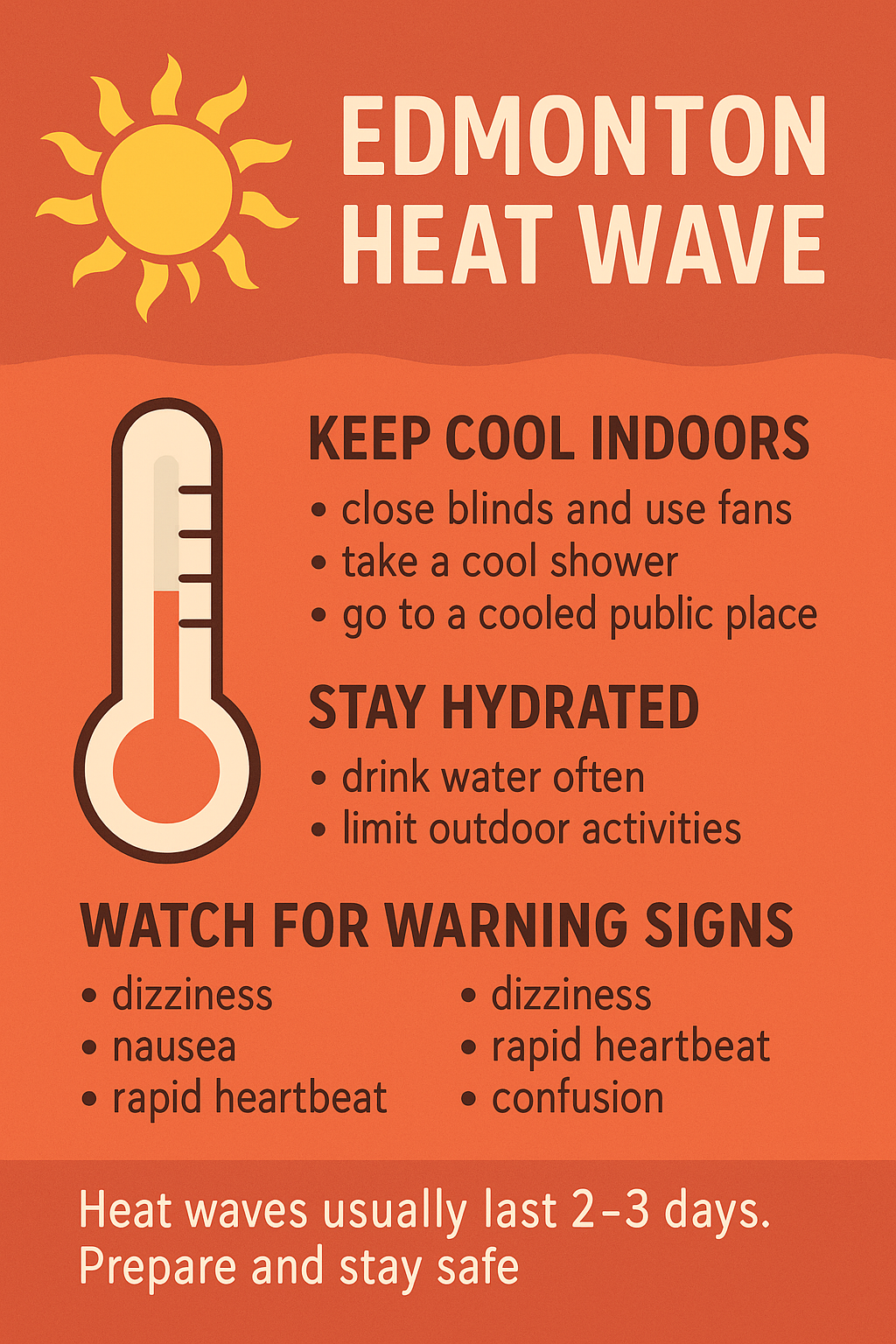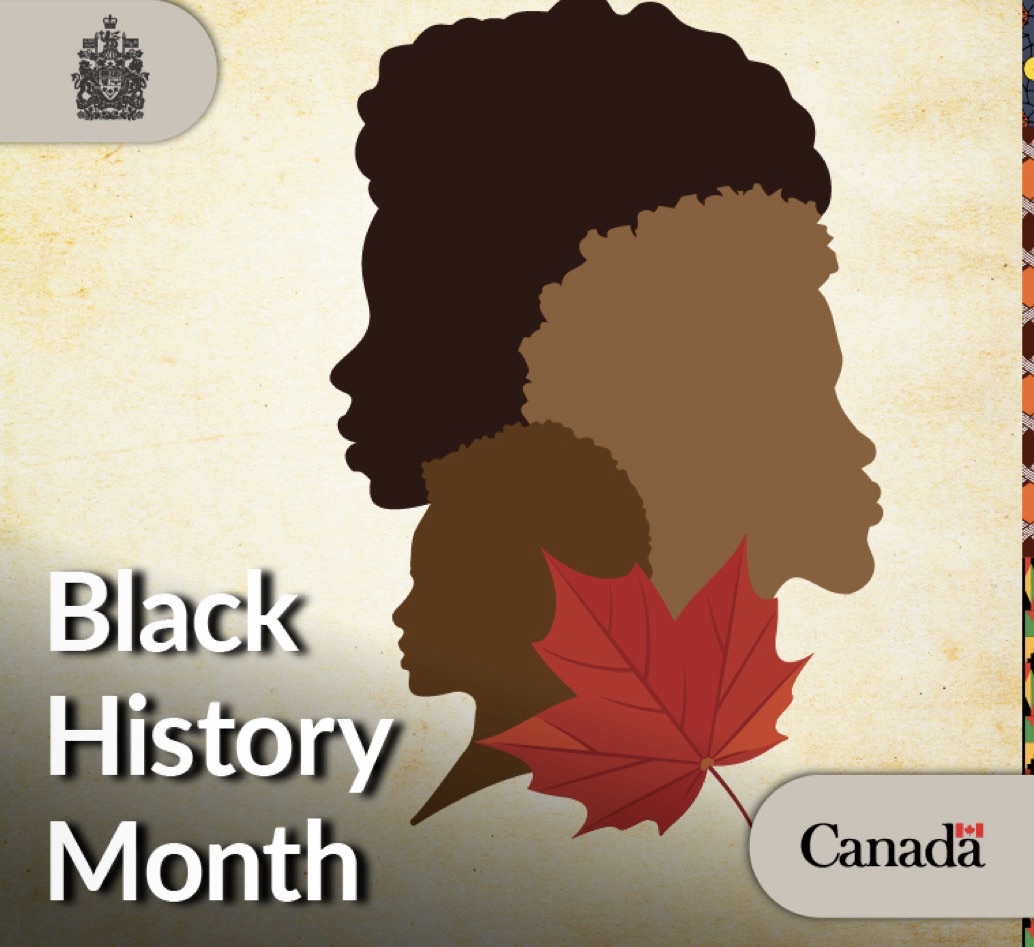
Rising Heat in Edmonton: Understanding the Heat Wave and Staying Safe
Edmonton’s climate is clearly warming. Historically, the city would see only a few hot days each summer, averaging four to five days over 30 °C. But in recent years, heat waves—defined locally as at least two consecutive days hitting daytime highs of 29 °C and overnight lows of 14 °C or more—are becoming longer and more frequent.
Between 2000 and 2024, Edmonton experienced 38 heat waves totaling 111 hot days—far exceeding totals from previous decades. On average, each heat wave now lasts roughly 2.9 days, compared to about two days in earlier years . And 2021 and 2024 both saw record-breaking stretches of eight straight sweltering days. This upward trend reflects not only more frequent heat but also more persistent spikes, likely linked to slower-moving high-pressure systems and increasingly common “heat domes” over Alberta .
Coping with the Heat: Practical Tips for Edmontonites
The City of Edmonton has activated its extreme weather response during sustained heat, providing free bottled water and cooling access at recreation centers and libraries—resources that remain open until the heat wave subsides (e.g., until September 1 at 9 am during recent heat alerts).
To stay safe at home:
- Keep your living space cool by closing blinds and windows during the day, using fans, and avoiding heat-generating appliances.
- Take cool showers or baths and use cold compresses to help your body maintain a safe temperature .
- If your home becomes too hot, head to a cooled public facility or visit friends, family, or designated “heat buddies”.
While outdoors:
- Restrict physical activity to cooler parts of the day.
- Stay hydrated—even before feeling thirsty—and wear light, breathable clothing, broad-spectrum sunscreen, and wide-brimmed hats
- Seek shade often and shield yourself from direct sun.
Watch for heat‑related illness symptoms like dizziness, nausea, rapid heartbeat, confusion, or dark urine. If symptoms escalate (e.g. lack of sweating, unconsciousness), seek medical help immediately—heat stroke is a serious emergency.



